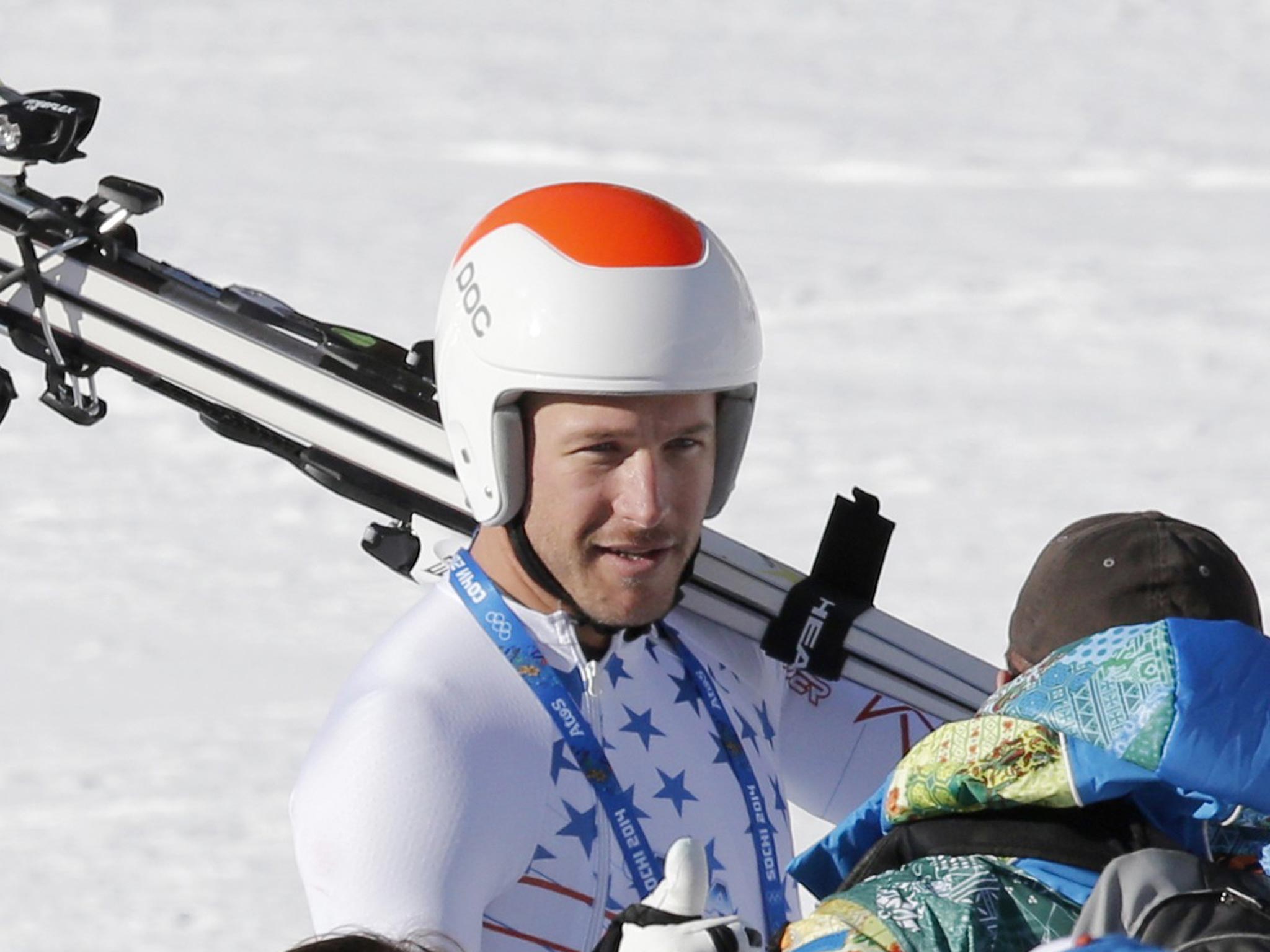Winter Olympics 2014: Bode Miller’s downhill gold hopes disappear along with the sun

Your support helps us to tell the story
From reproductive rights to climate change to Big Tech, The Independent is on the ground when the story is developing. Whether it's investigating the financials of Elon Musk's pro-Trump PAC or producing our latest documentary, 'The A Word', which shines a light on the American women fighting for reproductive rights, we know how important it is to parse out the facts from the messaging.
At such a critical moment in US history, we need reporters on the ground. Your donation allows us to keep sending journalists to speak to both sides of the story.
The Independent is trusted by Americans across the entire political spectrum. And unlike many other quality news outlets, we choose not to lock Americans out of our reporting and analysis with paywalls. We believe quality journalism should be available to everyone, paid for by those who can afford it.
Your support makes all the difference.When Bode Miller flashed across the finish line at the foot of the downhill run and stopped the clock on the giant screen, a disbelieving silence settled on the crowd. Miller hung his head. He was over half a second slower than the Austrian pacesetter Matthias Mayer. The veteran’s downhill dream was over.
Miller had dominated the final practice runs the day before. While others struggled under bright blue skies he flew down the demanding 3,500m course. Racer after racer said it – this was Miller’s to lose. Then on Sunday grey cloud filled the sky and he lost his sparkle. He finished a distant eighth, not even the highest American in the field and the gold went to Mayer, who won the Olympic title in 2min 6.23sec before he has a World Cup race to his name. Italy’s Christof Innerhofer took silver, 0.06sec slower.
It had begun according to the script. The 36-year-old, bidding to become the oldest winner of an Alpine medal, whistled through the first two split times quicker than anyone. But he slowed over the bottom half of the course and after he glanced up at the screen and clocked his time, he sank to his haunches and held his head in his hands.
There will be further chances to add to his six medals from five Games but this was his last shot at the blue riband title of the Winter Games. Miller blamed the conditions – when the sun was out, he said, it was Miller time, when it remained hidden it suited others.
“Visibility was the main thing when I went down, it had changed a lot from training runs when we had the blue bird,” said Miller. “The course conditions and the snow changed a lot, that was the biggest factor. I ski a bit more on the edge than the other guys and I don’t have as much tolerance for not being able to see the snow at the beginning of the turns.
“I need to know where the little bumps are.”
Join our commenting forum
Join thought-provoking conversations, follow other Independent readers and see their replies
Comments